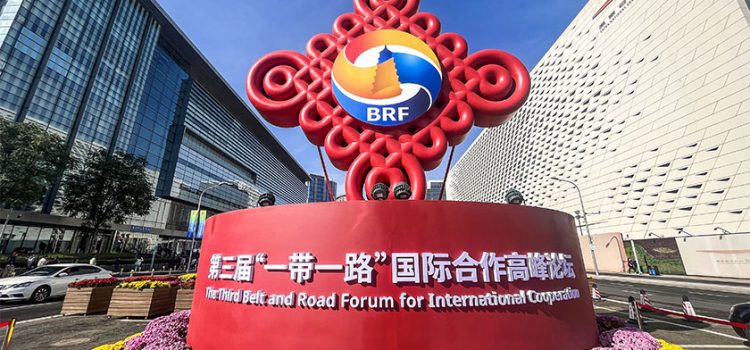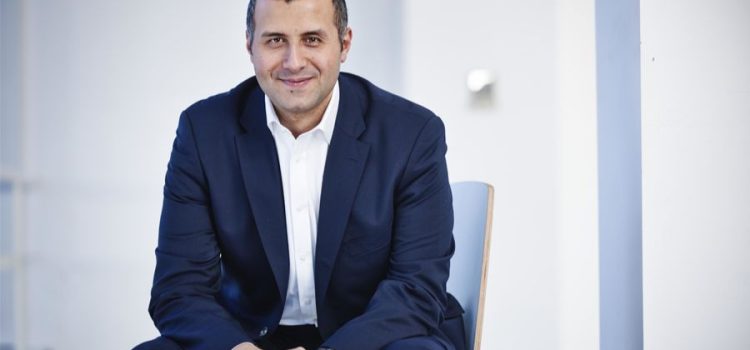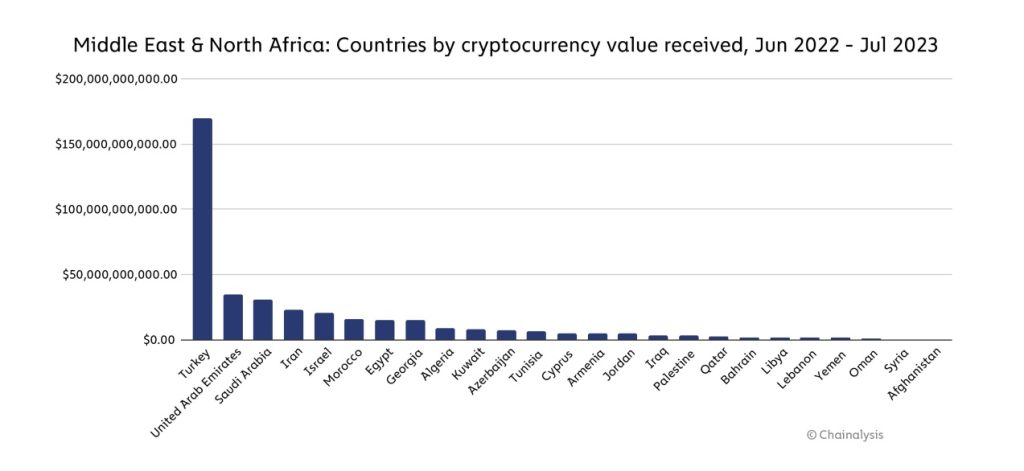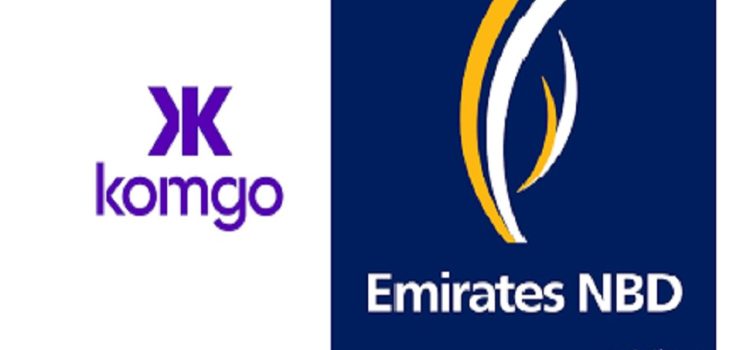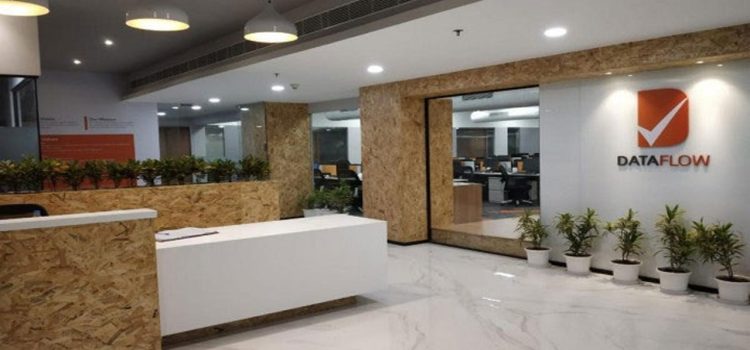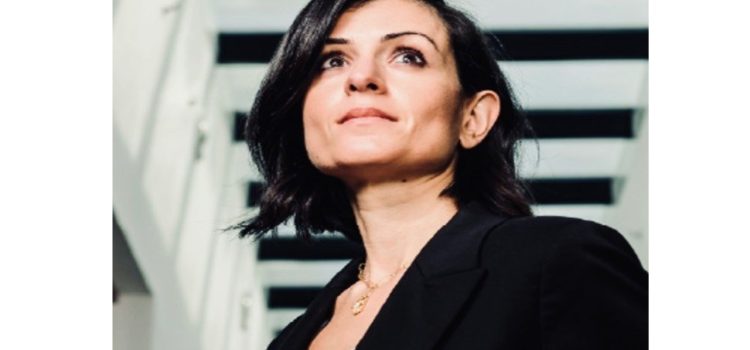
Saudi headquartered Blockchain Fintech startup, Takadao, has raised $1.6 million in pre seed round led by Draper Associates. Other investors include BIM, Core Vision ventures, Prince Sultan Bin Fahad bin Salman Al Saud.
Takadao builds community-owned financial services on the blockchain, with two flagship products in savings and loans (Takaturn) and cooperative life insurance. Takadao’s products are Shariah-compliant and target the Muslim population globally.
According to the Pew Research Centre: “Globally, the Muslim population is forecast to grow at about twice the rate of the non-Muslim population over the next two decades – an average annual growth rate of 1.5% for Muslims, compared with 0.7% for non-Muslims. If current trends continue, Muslims will make up 26.4% of the world’s total projected population of 8.3 billion in 2030, up from 23.4% of the estimated 2010 world population of 6.9 billion”.
Islamic finance grew 17% in 2021 to $4 trillion and is forecasted to keep growing in double digits for the next five years. Takadao extends the reach of Islamic finance by providing shariah-compliant loans and insurance through the blockchain, enabling global access even in countries where populations are largely unbanked.
Co-founder and COO, Sharene Lee, states: “Many of us, Muslims and otherwise, live in countries with unstable economies, weak currencies and high inflation. There is low access to the traditional banking system coupled with increasing distrust. Banks and insurance companies exist to increase shareholder value and this takes priority over consumer well-being. At Takadao, we build community-owned financial services whose shareholders are the users themselves. By vesting ownership with the end users, we ensure that their well-being is the primary focus. Furthermore, shareholder profits get redistributed among the end users. The only way we can do this is through the decentralized blockchain and cryptocurrencies.”
To this end, Takadao has two complementary products, Takaturn and Takasure. Takaturn is based on the ROSCA concept, commonly known as Jamaiyah in the Middle East, Ballot Committee in Pakistan, Tontine in parts of Africa, and chit fund in India. Takasure is a cooperative insurance product based on the Takaful model; it is still in development with an anticipated launch date of June 2024.
This marks the first investment for Tim Draper in a Saudi-based startup. Draper’s investment track record in Baidu, Skype, and Hotmail all precipitated significant changes in consumer behavior that have become the norm today, whether it’s email, search or voip. In recent times, Draper has backed Robinhood and Coinbase and significantly, he is an outspoken advocate of Bitcoin and decentralized finance.
On why he decided to invest, Draper said: “Takadao is one of those companies that you don’t know quite where it’s going to go, but if it succeeds, it’s going to be really impactful and make a big difference in the world and this is a world that I want to live in. The insurance business generally has become corrupted and Takadao is going right after the insurance business with something that’s very pure; the blockchain is pure, Bitcoin is pure, decentralization is pure.”
Takadao has a community of 10,000+ members that is growing by 5% week-on-week.









